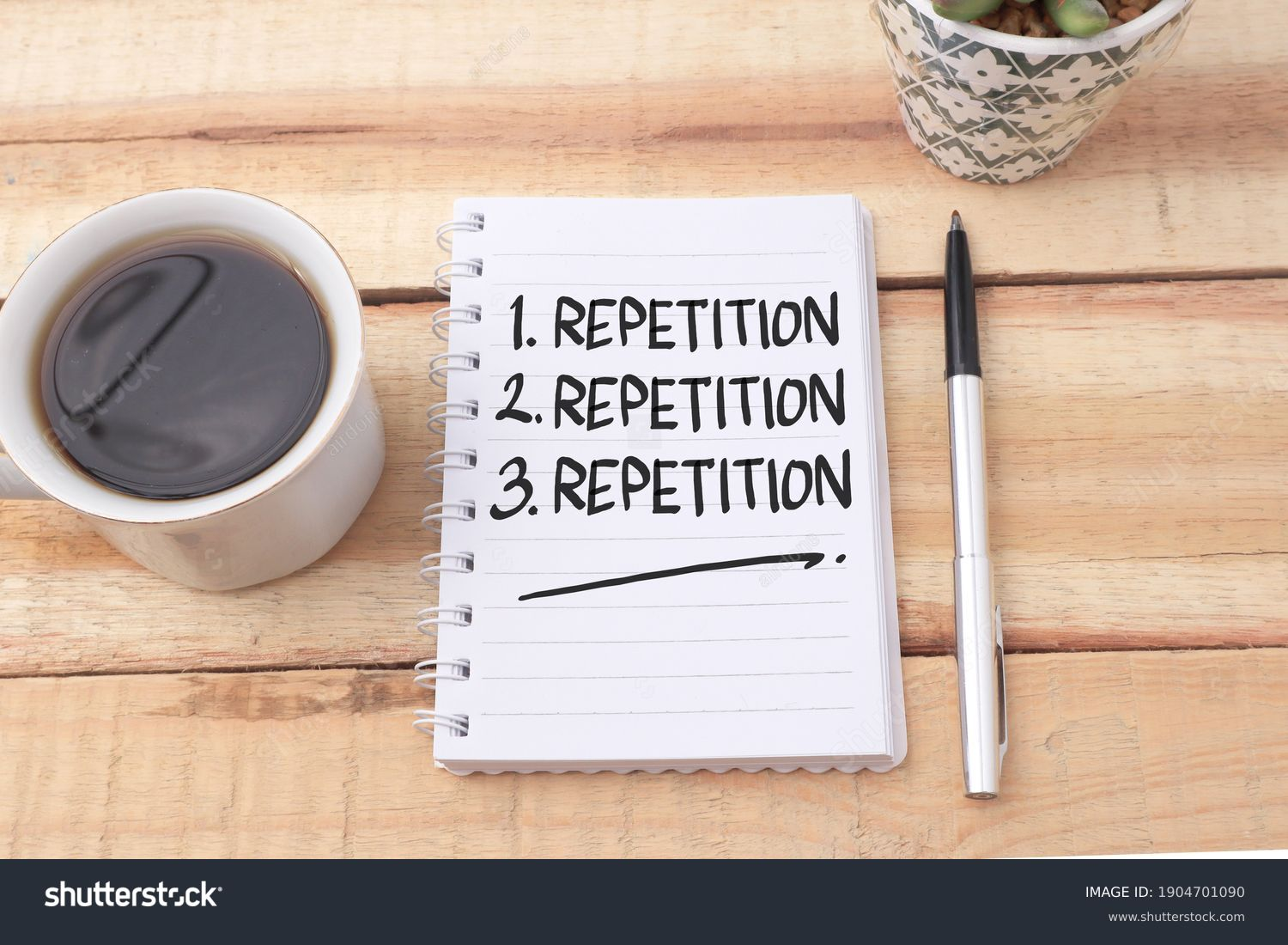Do you have a time when you have to complete a homework for tomorrow, but you feel completely hesitate to do it? You want to watch films rather than doing the things you should do? Do you have time when you talk to yourself you should go to gym after work, but then you feel tire, and then you choose to go home watching TV rather than go to the gym? Many people, buy gym ticket for a year, but we can count the time they go to the gym by our fingers. Many people have a strong motivation at the time they buy gym ticket, but after several days, their motivation goes lower and lower, and then they stop going to the gym.
There's a research, in which the researcher split participants into 3 groups. Group 1 is asked to track times they go to the gym over the next 2 weeks. Group 2 is also asked to track their exercise, but in addition they were given a motivation message along with pamphlets why exercise is beneficial. Group 3 is asked to write down when, where and how they exercise. And the result is group 1 38% of people continue to exercise, group 2 35%, and group 3 is 91%. The method that group 3 does is Implementation Intention. When we write down specific plan, we tend to go with that plan.
Even better, with coping plans. Coping plans are specific ways to do your plans when you are facing obstacles. It follows the pattern: "If i face X obstacle, I will do Y". For example, if your plan is go to the gym at 5 PM, but at that day, your boss asks you to work overtime till 6 PM. You can make a coping plan, if I have to work overtime till 6 PM, I will go to the gym at 6 and haft PM and if I have to work till 7PM, I will go to the gym tomorrow.
When you specify actions, you more likely tend to stick with your plan. And people have coping plans have things done even more than people have only Implementation Intention.
And we also have a tip to do thing when we feel hesitation. For example, you have to read 20 pages of a document and summarize it for your tomorrow meeting, but after work, you feel exhausted. So your plan can be, if i exhaust, i will only read 1 page or even read a half of a page. And normally, when you read 1 page, you tend to continue read another page because at this time you are already on a track of working. You just feel hesitation at the first time, but when you actually do it, your hesitation is clear away, and you keep doing till the end.
Source: (33) How To Actually Get Things Done (implementation intentions) - YouTube




